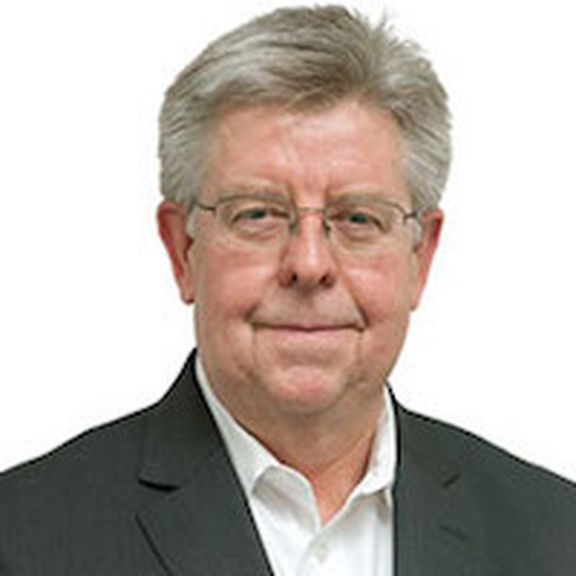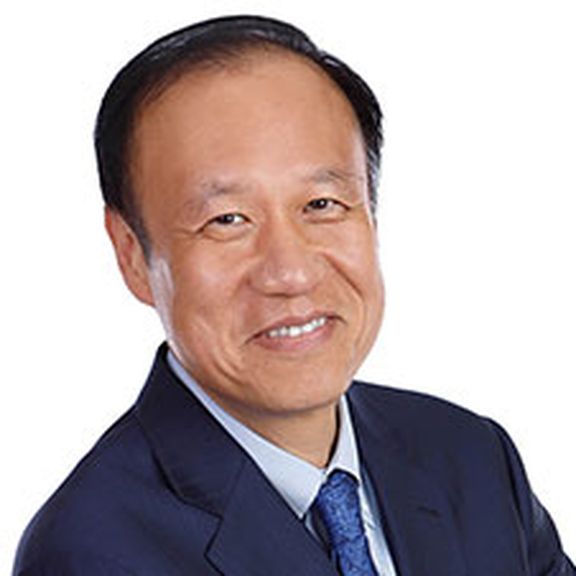Fortinet CEO Ken Xie and the executive team are touting FortiSASE as a way for MSPs and MSSPs to converge SD-WAN and network security services into a single service model that generates monthly recurring revenue (MRR).


During Fortinet's Q2 2020 earnings call on August 6, Xie asserted: "FortiSASE was built to be partner-friendly empowering MSPs and big global customers to easily integrate or build FortiSASE platform into their own offerings."
SASE (pronounced "sassy") is short for Secure Access Service Edge. Generally speaking, SASE combines network security functions (such as Secure Web Gateway, Cloud Access Security Broker, Firewall as a Service and Zero Trust Network Access), with WAN capabilities such as SD-WAN services, Gartner notes.
MSPs and MSSPs, in turn, can leverage SASE to identity sensitive data or malware, decrypt content at line speed, and continuously monitor sessions for risk and trust levels, Gartner says.
With those benefits in mind, Fortinet recently acquired OPAQ Networks, and has enhanced its FortiSASE solution with expanded cloud delivery, including firewall as a service and Zero-Trust Network Access, Xie says.
SASE Market: Growing Competition
Numerous network, SD-WAN and security companies are jumping into the sector with SASE solutions.
Fortinet should be able to leverage existing MSP and MSSP partnerships to promote its FortiSASE platform. Indeed, service providers and MSSPs accounted for 15 percent of total billings during Fortinet's Q2 of 2020, the company said during its earnings call. Overall company revenue was $616 million in the quarter, up 18 percent from Q2 in 2019.
Still, the coronavirus pandemic is creating some business headwinds. For instance, Fortinet channel partners in Q2 reported some deals being delayed into the second half of the year. "The concept was delayed, not lost, seems supported by the increases in our pipeline as well as with July selling activity. Clearly, there remains an elevated level of uncertainty about future -- about future pandemic events and economic conditions," Keith Jensen told analysts.




